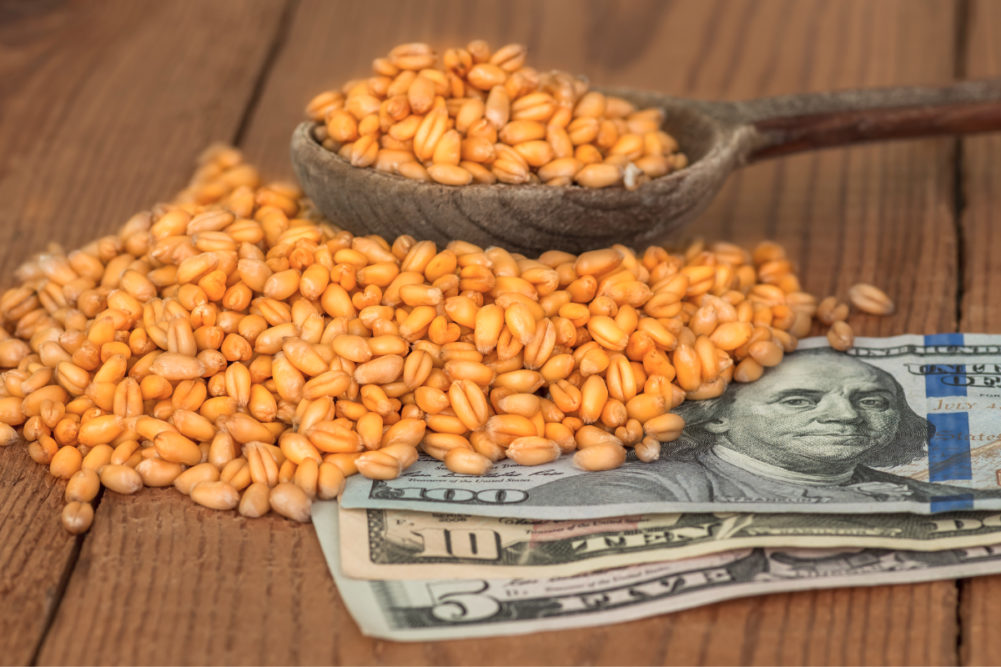WASHINGTON — As the US Department of Agriculture continues to adjust and expand its Coronavirus Food Assistance Program (CFAP), the National Association of Wheat Growers believes the relief plan still falls short.
CFAP will provide relief to US producers who faced price declines and other costs due to the global coronavirus (COVID-19) pandemic.
After a review of comments received from agricultural producers, organizations and analysis of market data, the USDA included additional commodities to the CFAP list and indicated the possibility of others to be added in the future.
Currently, durum and hard red spring wheat classes are covered under CFAP while hard red winter, soft red winter, and soft white wheat classes are not currently included in the program.
In a letter to the USDA, NAWG urged for further coverage and assistance. Specifically, to make assistance available for all classes of wheat and to begin providing assistance for 2020 crop losses as wheat harvest is underway.
“CFAP provides important assistance to producers of hard red spring and durum wheat, two classes which comprise about 30% of 2019 wheat production,” said Dave Milligan, president of NAWG. “The program continues to leave out over 70% from other classes of wheat despite farmers facing historically low prices.”
The association is asking the USDA to take stock of the current 2020 harvest situation and consider local price conditions in evaluating economic loss being experienced.
In the letter NAWG said, “If USDA is going to continue evaluating price impacts by comparing a pre-COVID timeframe to another timeframe, we urge you to look at cash price changes as well, as farmers are generally faced with lower prices locally than the price on futures markets and the futures markets do not reflect the adverse price impacts being felt directly by wheat farmers.”
NAWG acknowledged the support and assistance CFAP offers but said the association will continue to work for inclusion of all wheat classes.
“While we appreciate the USDA quickly getting CFAP off the ground and the inclusion of certain classes of wheat, all wheat farmers have been impacted by depressed prices while marketing their 2019 crop earlier this year and now with marketing this year’s crop as it’s being harvested,” Mr. Milligan said. “NAWG will continue to advocate that any future aid program, including CFAP, should provide assistance to farmers of all classes of wheat.”






